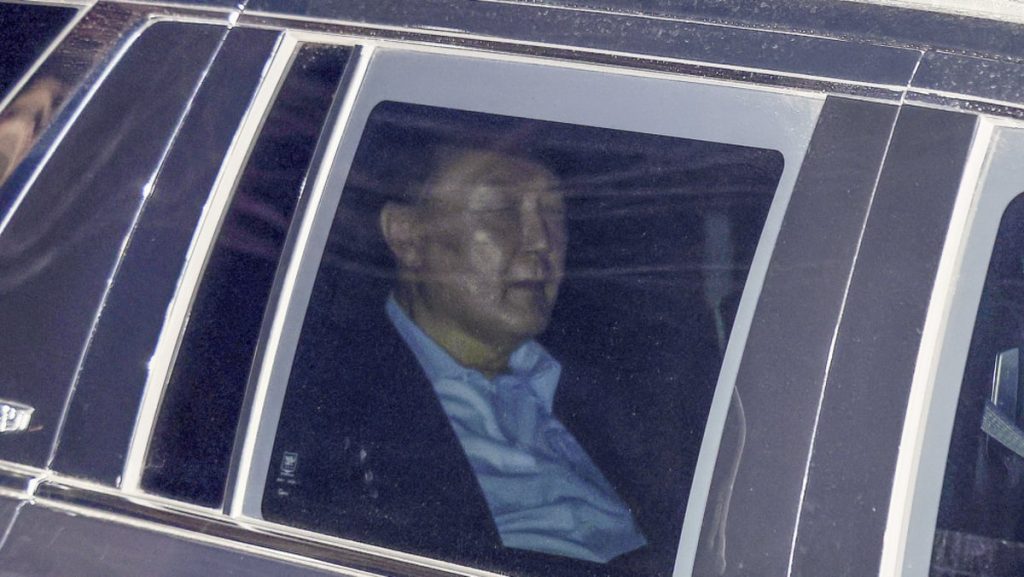The political landscape of South Korea has been dramatically reshaped by the unprecedented arrest of President Yoon Suk Yeol on Wednesday, January 15th. This marks the first time a sitting South Korean president has been detained, sending shockwaves through the nation and raising significant questions about the country’s political stability. The arrest stems from an ongoing investigation into Yoon’s actions during the early days of December, specifically his brief imposition of martial law, an act that investigators are scrutinizing for potential insurrection. The president is currently being held at the Seoul Detention Centre, as authorities race against the clock to secure a warrant for extended detention.
The Corruption Investigation Office for High-ranking Officials (CIO), the body spearheading the investigation, is facing a critical deadline. To keep President Yoon in custody beyond the initial period, they must secure court approval for a detention warrant, potentially extending his confinement for up to 20 days. Legal experts suggest that the CIO will likely submit their request to the court on Friday, January 17th. This legal maneuvering sets the stage for a high-stakes legal battle, with the future of the presidency hanging in the balance. The court’s decision will significantly impact not only Yoon’s immediate fate but also the trajectory of the ongoing investigation and the political landscape of South Korea.
Yoon’s legal team has mounted a spirited defense, challenging the legality of his arrest. However, their efforts suffered a setback late Thursday when the Seoul Central District Court rejected their challenge, affirming the legality of the president’s detention. This ruling strengthens the CIO’s position and adds further pressure on the embattled president. Despite the court’s decision, Yoon’s legal team maintains his innocence and has indicated that he will not cooperate further with the investigation.
Although the CIO summoned President Yoon for a second round of questioning on Friday, his lawyer, Seok Dong-hyeon, announced that the president would not participate. The legal team argues that Yoon has already provided his fundamental position during the initial questioning and sees no need or justification for further interrogation. This refusal to cooperate sets up a potential standoff between the president’s legal team and the investigators, further complicating the already complex legal proceedings. The CIO now faces the challenge of proceeding with their investigation without the cooperation of the central figure in the case.
The allegations against President Yoon revolve around his decision to impose martial law in early December. The specific circumstances surrounding this decision and the motivations behind it are central to the CIO’s investigation. Investigators are attempting to determine whether Yoon’s actions constituted insurrection, a serious charge with far-reaching implications. The investigation will likely delve into the political climate at the time, the perceived threats that prompted the imposition of martial law, and the legality of the process followed.
The unfolding events in South Korea are being closely watched both domestically and internationally. The arrest of a sitting president is a rare occurrence, and the outcome of this case will have significant repercussions for the country’s political future. The investigation is likely to dominate the political discourse in the coming weeks and months, as the nation grapples with the implications of this unprecedented situation. The stability of the government and the public’s trust in their institutions are at stake as the legal proceedings unfold. The world will be watching closely as South Korea navigates this challenging period.

